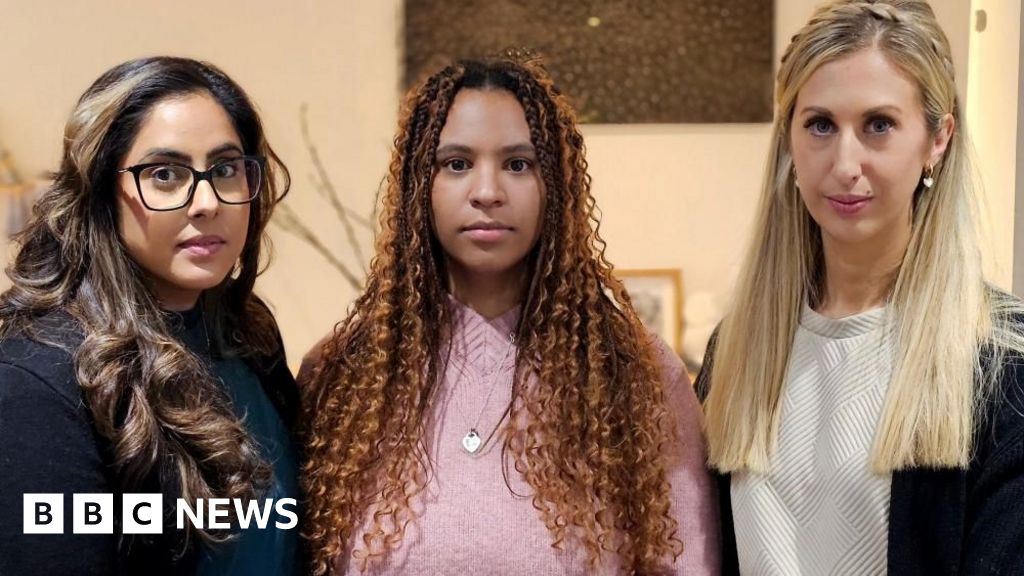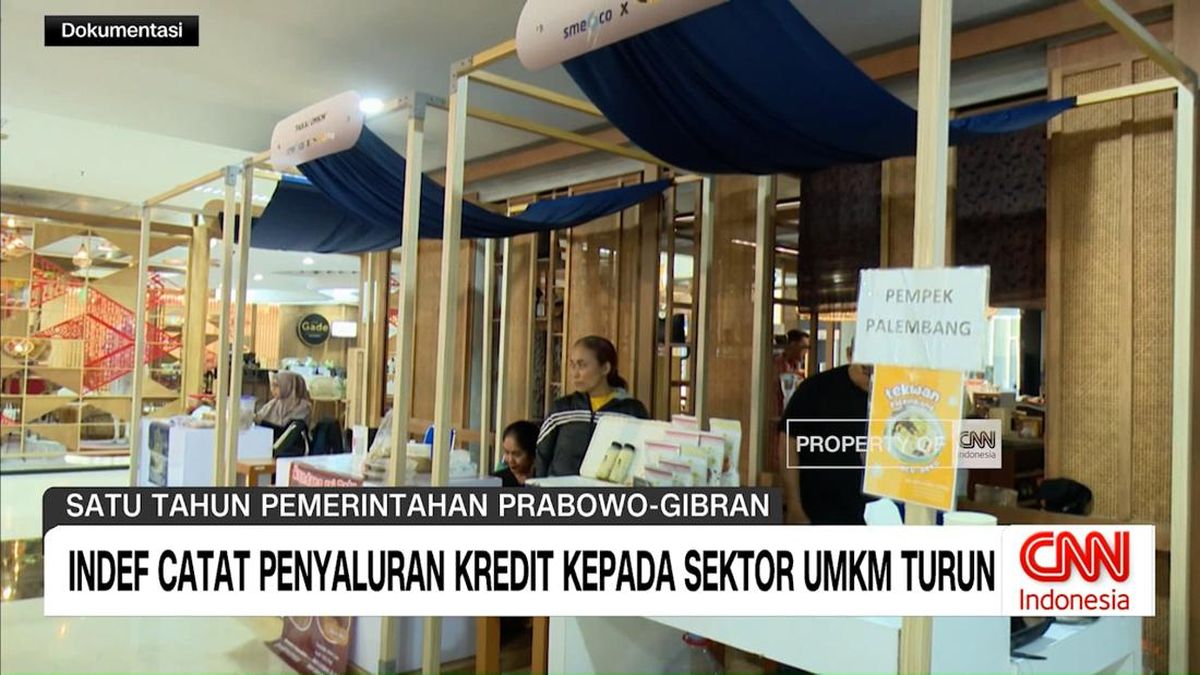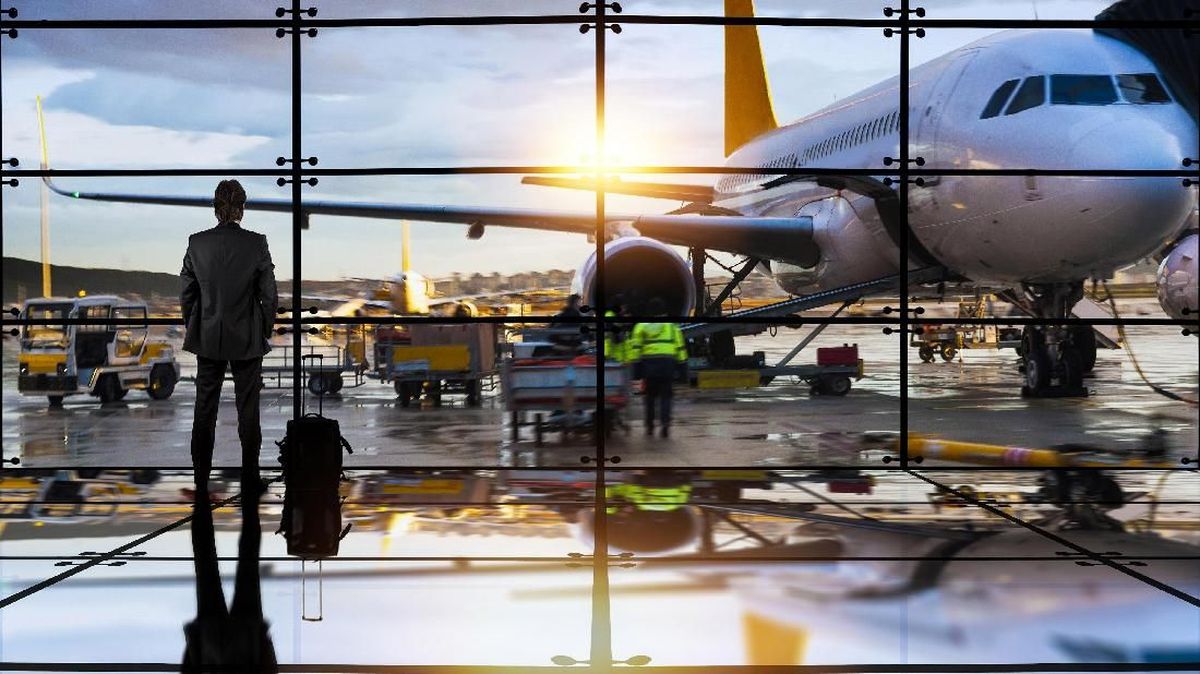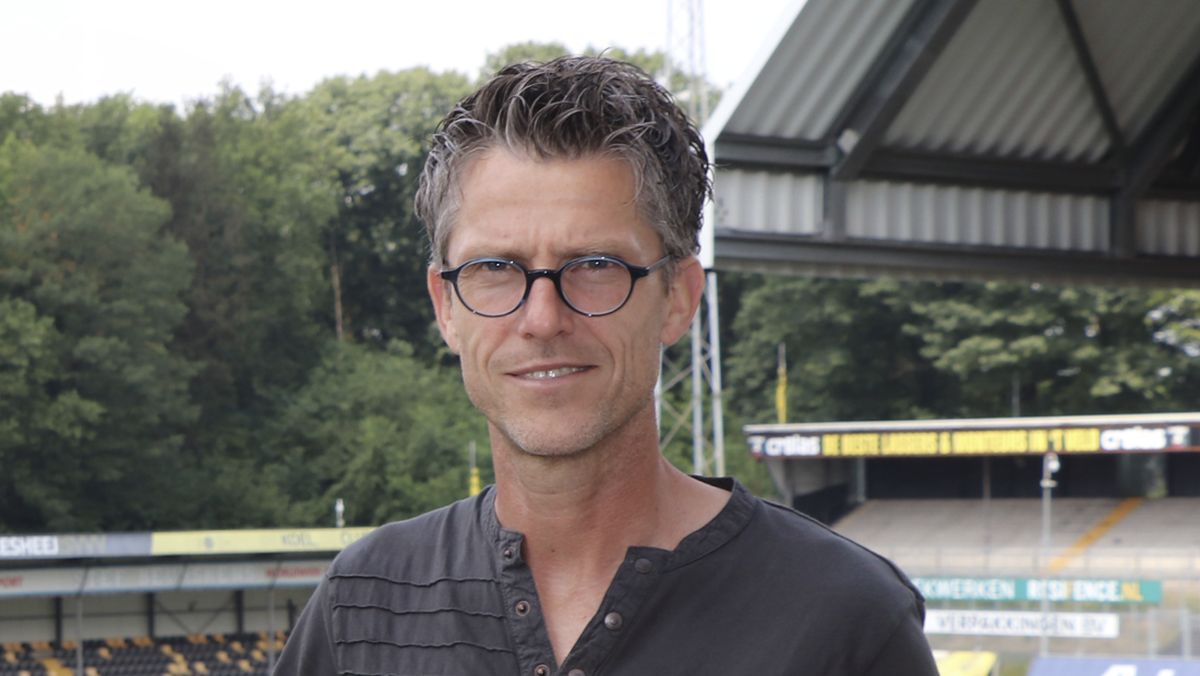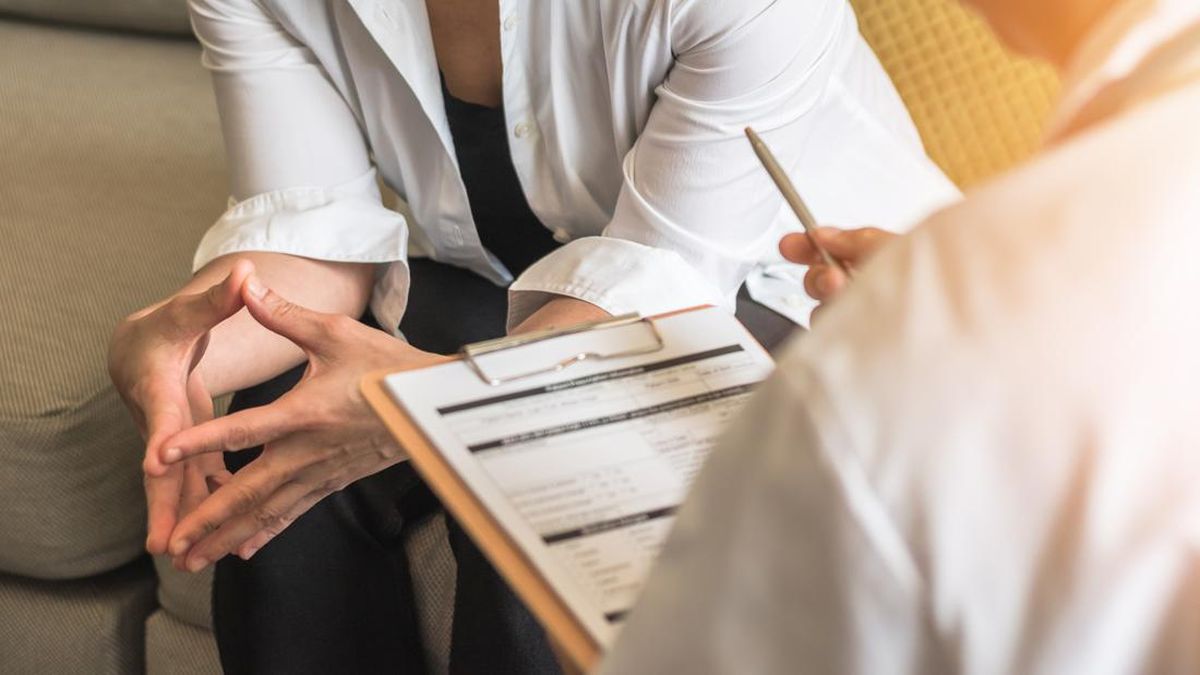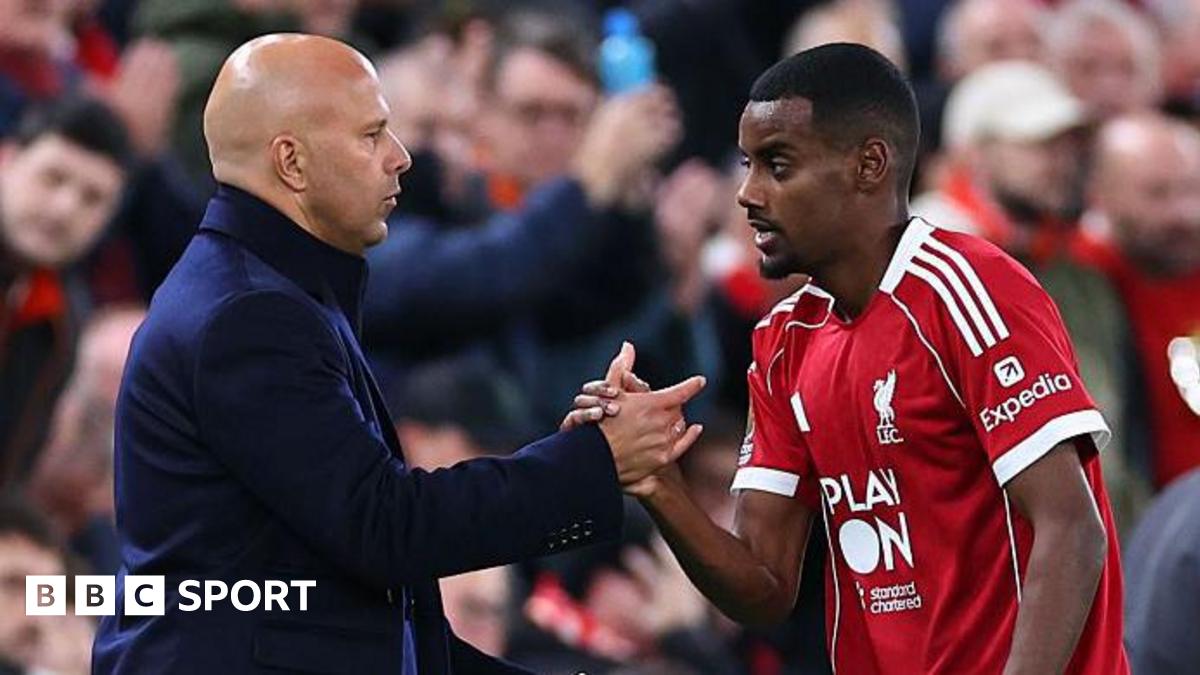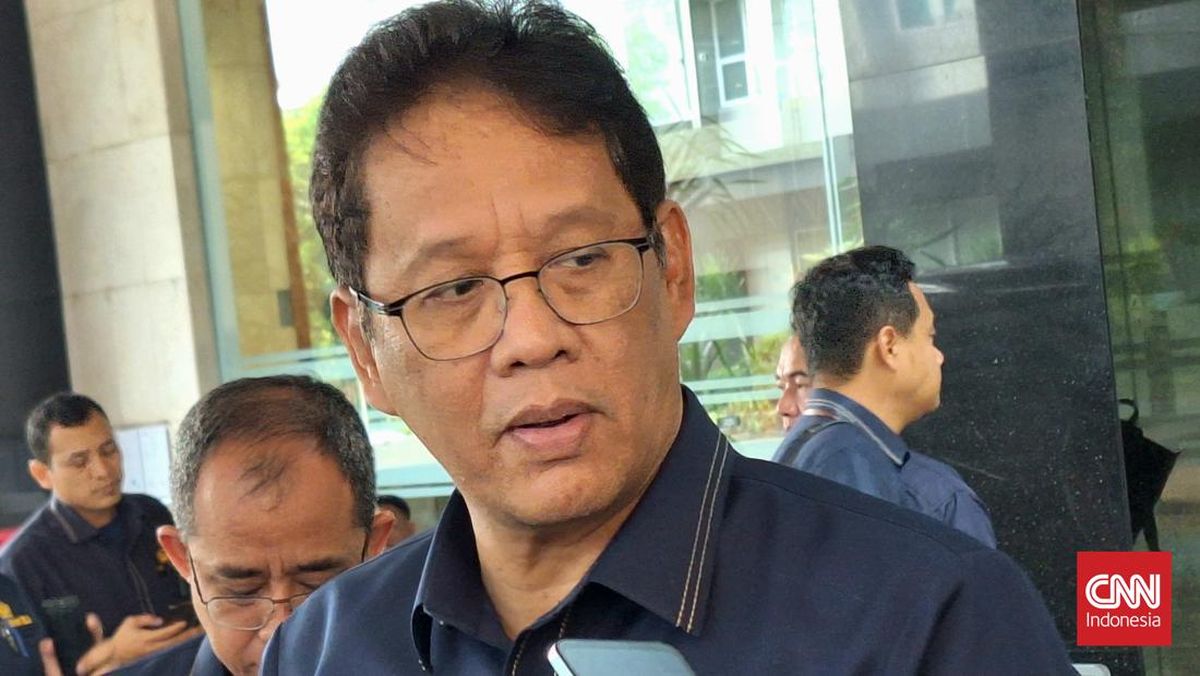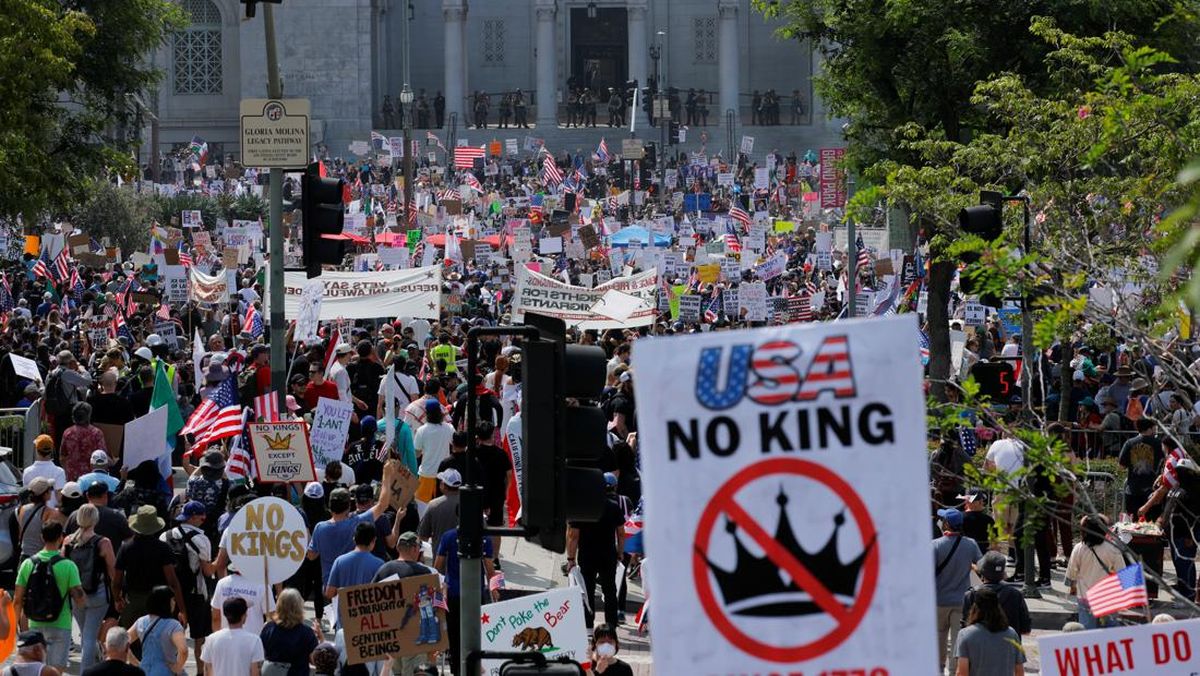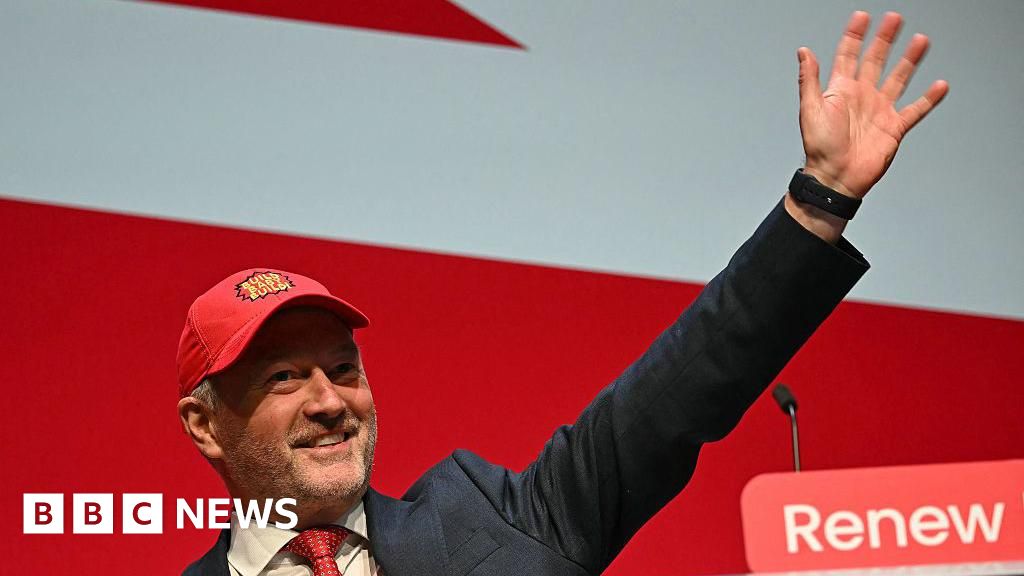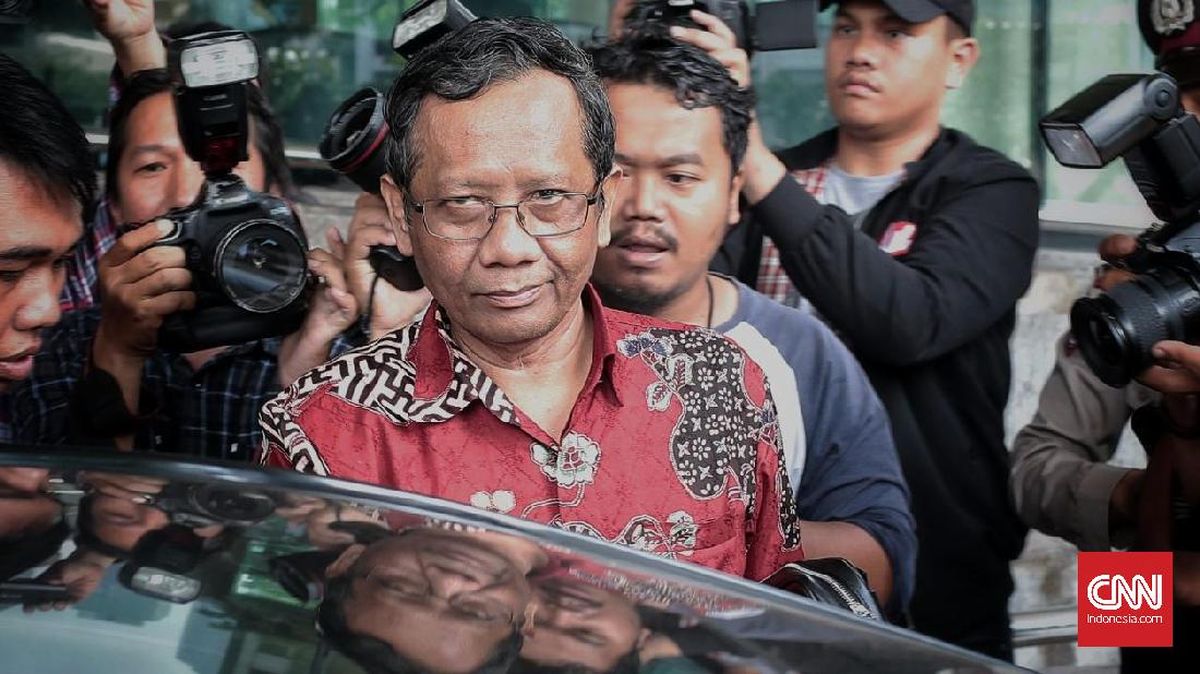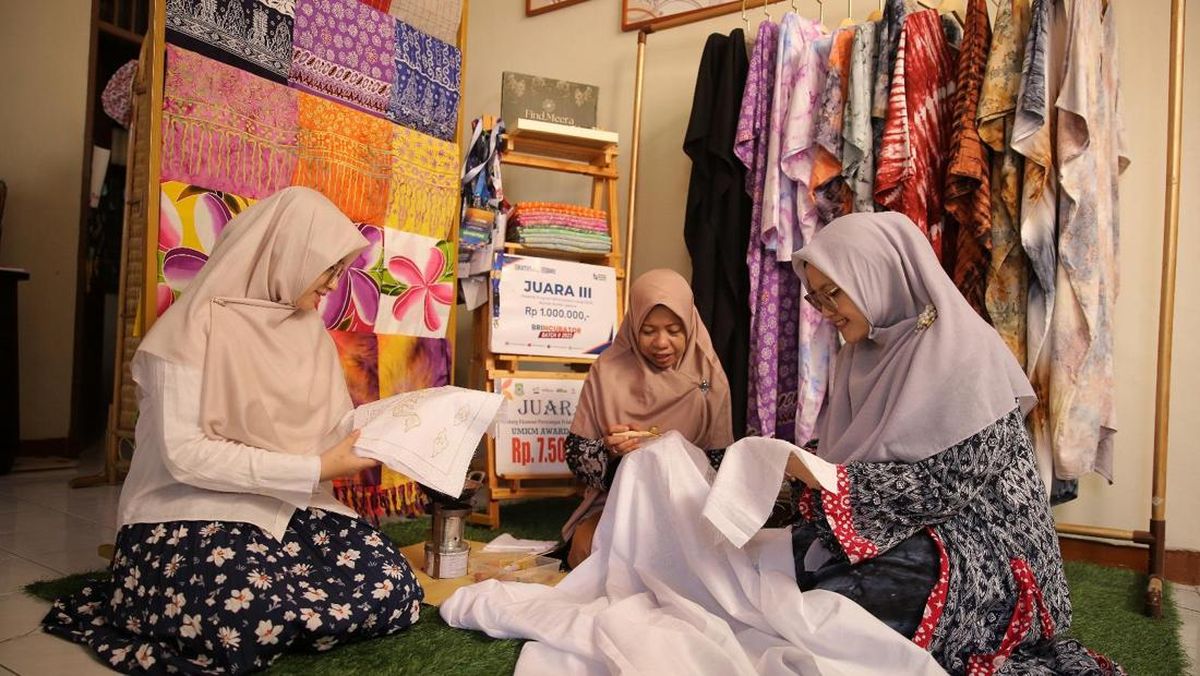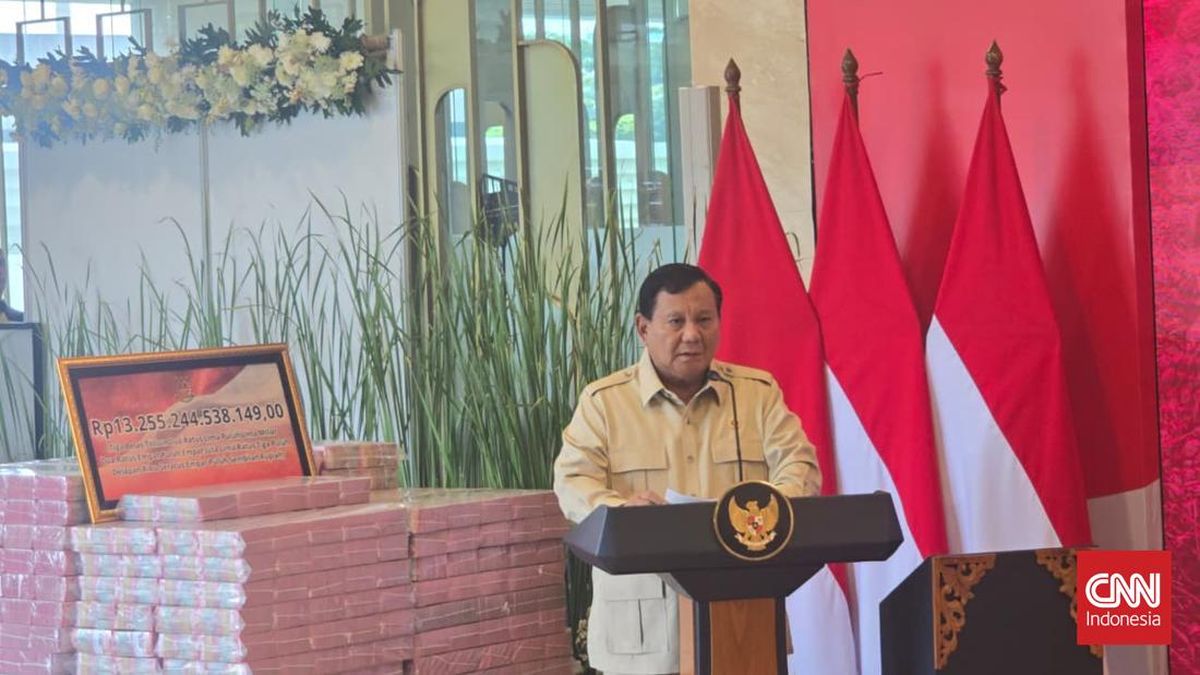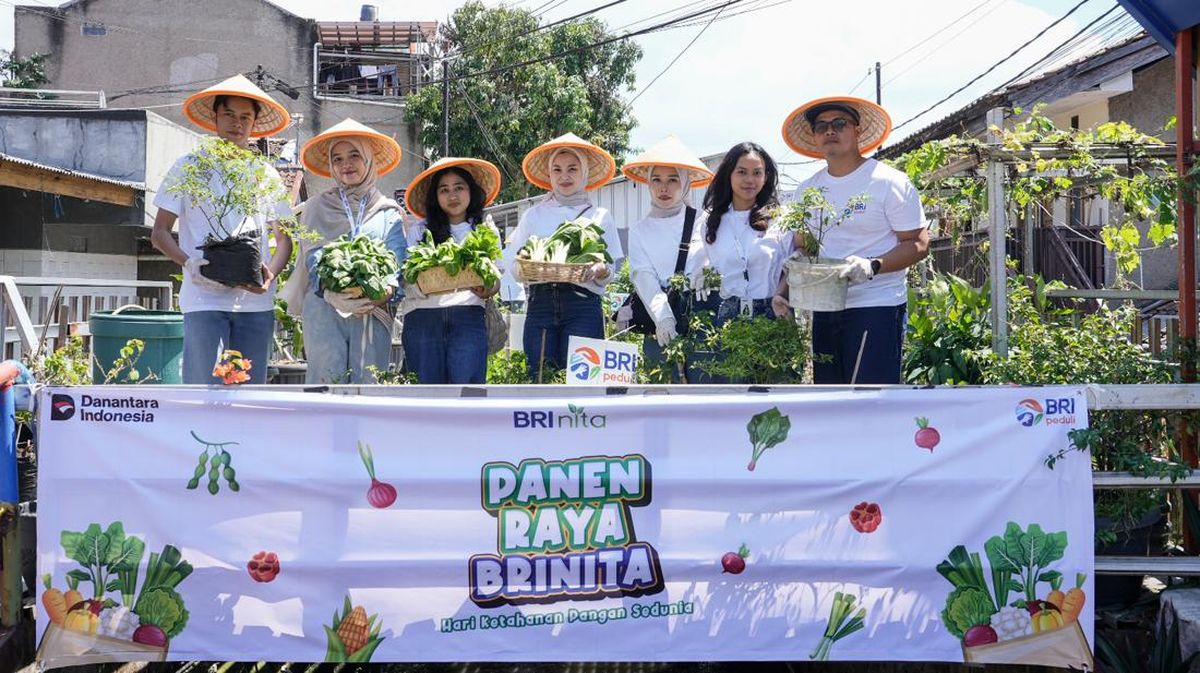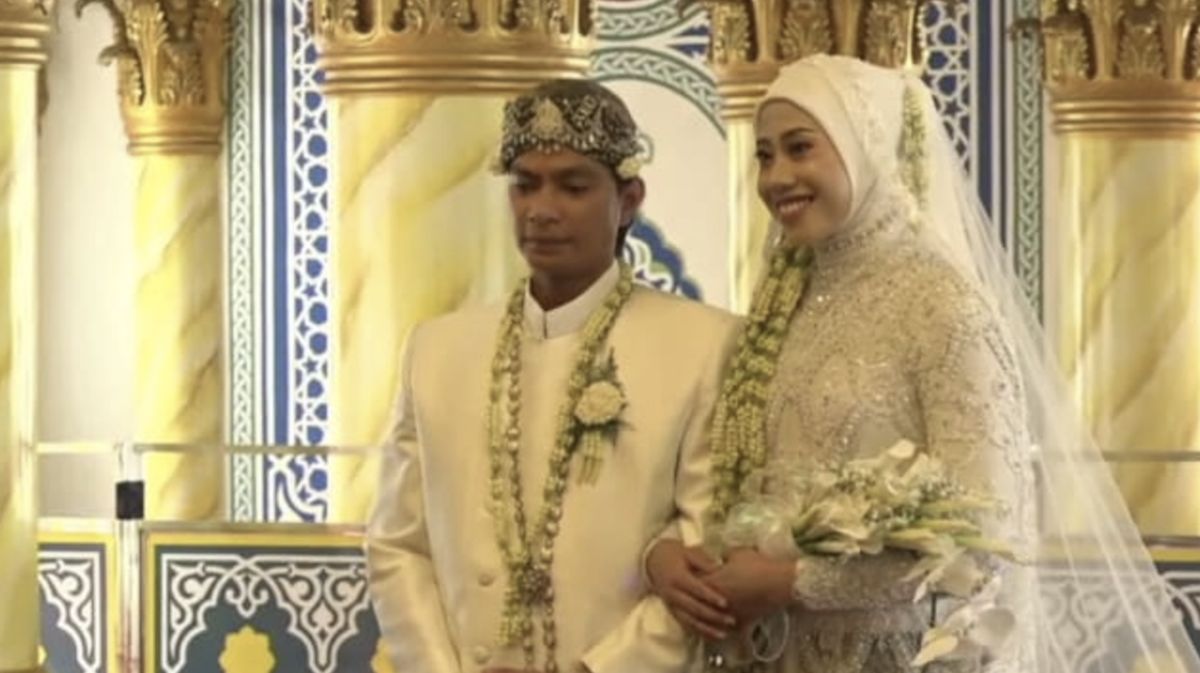Australia is the only developed Commonwealth country without a treaty with its First Nations peoples – but there is one state on the cusp of changing that.
When the treaty is legislated, Victoria will become the first state in the country with such an agreement. But what does that mean?
Speaking to host Samantha Selinger-Morris on The Morning Edition podcast, Gunditjmara elder Aunty Jill Gallagher AO, who is chief executive of the Victorian Aboriginal Community Controlled Health Organisation, says recognition alone, after being denied for more than 200 years, is “so important” for Indigenous Australians. She explains what treaty is and what Victoria’s historic one will entail – and what it doesn’t.
Click the player below to listen to the full episode, or read on for an edited extract of the conversation.
Selinger-Morris: Tell me, to be able to have that Voice to parliament ... what is in this legislation, what power will there actually be for the peoples who are speaking to parliament?
Loading
Gallagher: So it’s a representative body that will talk to parliament, and that representative body is democratically elected by Victorian Aboriginal people. That is the beauty of how it’s shaped and how it’s turned out. We get to elect our own people who can stand in parliament and talk to the politicians and advise on policies that impact on us as the First Peoples.
Selinger-Morris: And Aunty, tell me about one particular part in the treaty, which is about legislation being … it has to include a statement of treaty compatibility. Can you tell me about that and what this will mean?
Gallagher: Well, basically, I think this is an amazing inclusion in the treaty bill, by the way, because legislation bills get passed all the time. And for 200 years we’ve had no say ... on how that piece of legislation or that bill will impact on us. So I think it’s quite exciting that our elected representative body will get to see those bills and either make comments to the bill and see whether they include a statement, whether they’re compatible with the outcomes of the treaty legislation. I think that’s really good. And whether it meets those compatibilities.
But I think we got to be also mindful that it doesn’t hold up the bills. It can’t stop legislation from going through if there are some things, and the treaty, the Assembly people, our body say, “Well, this is not quite right, we would like this.” The government can still put that bill through with a comment to say that ... this is what was proposed. So we can’t stop legislation is what I’m trying to say.
Selinger-Morris: That is an important point because I know that it’s something that people, often they’re fearful about, or they think that that’s what’s going to happen.
When we’re talking about this compatibility, as I understand it, it’s that the aims of the legislation address the unacceptable disadvantage inflicted on First Peoples by the historic wrongs and ongoing injustices of colonisation. So as an Indigenous woman, what does it mean to you that in Victoria, every bill coming forward will have to be … MPs will be drawn to see whether it is compatible with the aims of addressing those injustices?
Gallagher: Makes me feel safe. When I was in parliament last Tuesday, listening to the debates, the Greens’ representative got up and gave her speech. Her speech almost brought me to tears. I said to her later, “I feel safe knowing that you’re in parliament as an Aboriginal woman, I feel safe.” So that element ... of what’s in the treaty legislation makes me feel safe.
Loading
Selinger-Morris: I mean, that’s so powerful. It’s one of the most basic human needs. And if I can ask you further, is the reason that that made you feel so safe is that when people don’t say things like that, do you feel like, otherwise, you’ve been treated as a threat … your needs as a threat?
Gallagher: I feel that Aboriginal people in Australia had been treated like we’re nothing. When you look at the treatment that’s happened, and I don’t want to make people feel guilty, Aboriginal people weren’t even allowed to ... they were told on missions when to go to sleep. They were told whether they can see their children or not. There’s a publication I really would like people to Google, and it’s called Letters from Victorian Aboriginal Women, and these are all Aboriginal women who were living on missions at the time. And when you read those letters, they actually make you cry to think that people were treated as if they were nothing.
To listen to the full episode with Aunty Jill Gallagher AO, who then explains why this treaty is different to the Voice to Parliament, click here.
Start the day with a summary of the day’s most important and interesting stories, analysis and insights. Sign up for our Morning Edition newsletter.
Most Viewed in Politics
Loading

